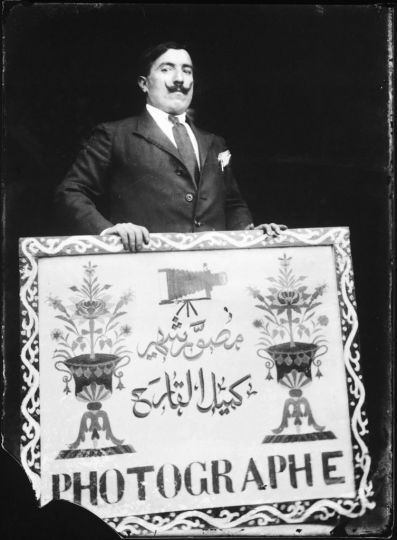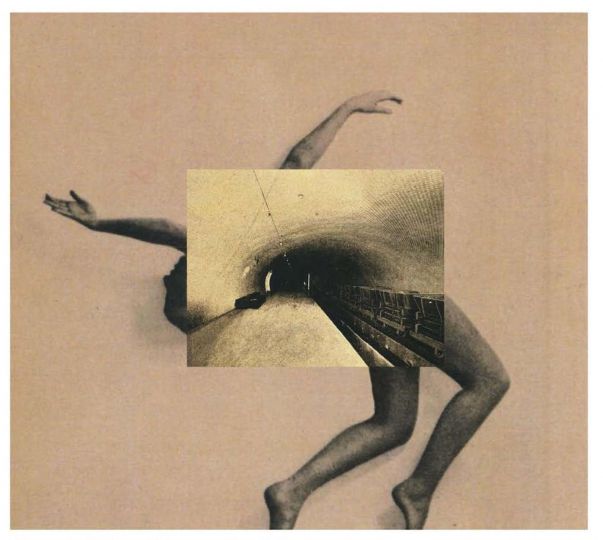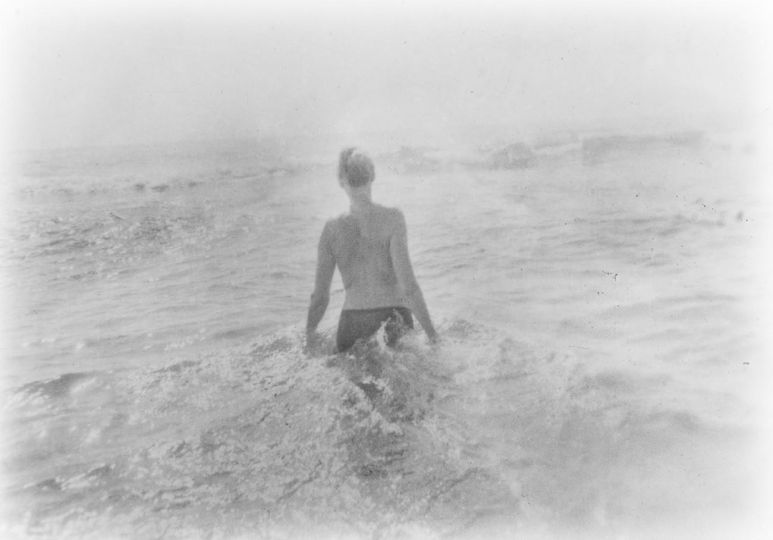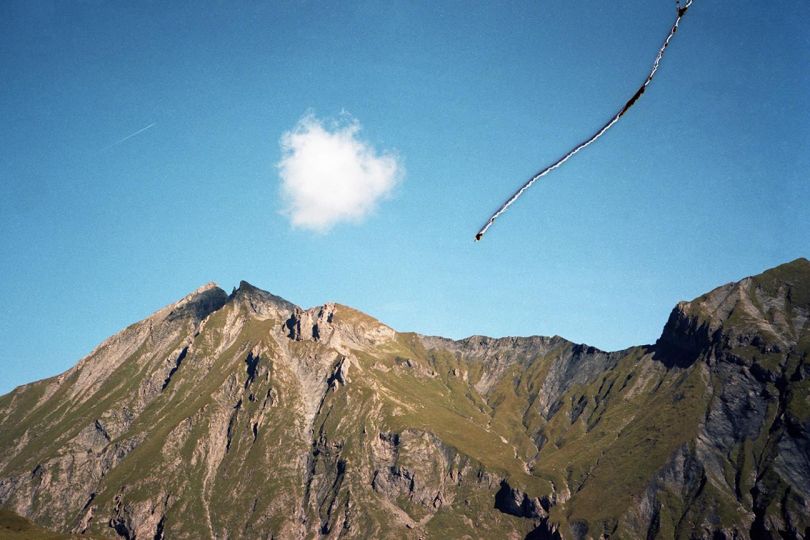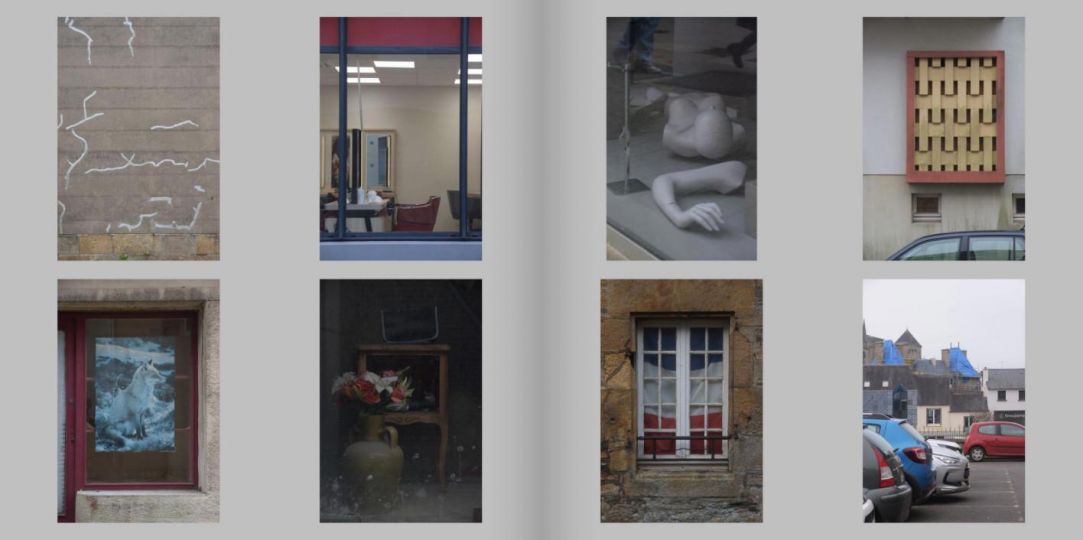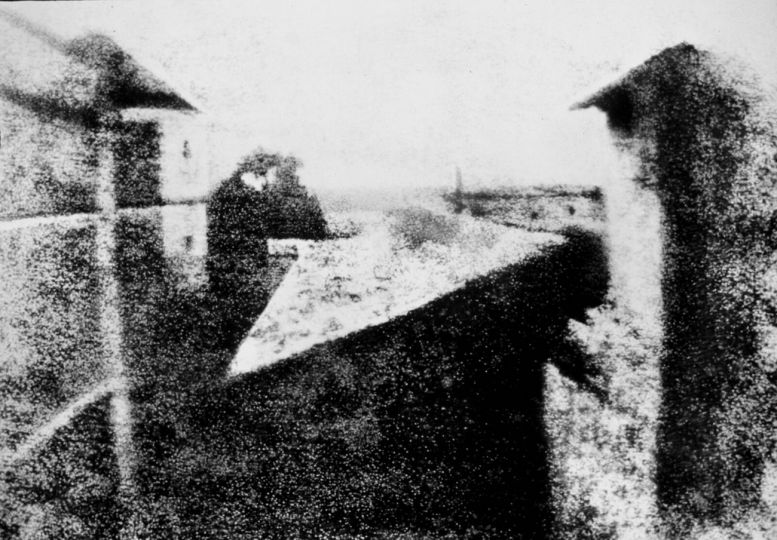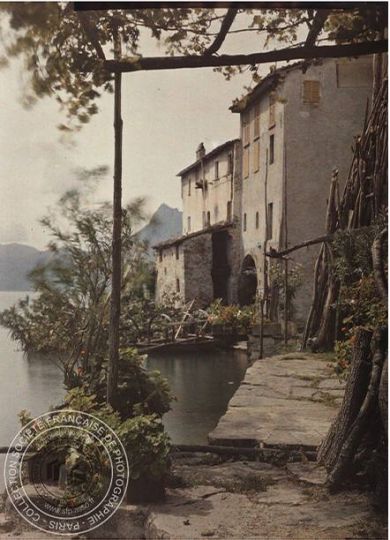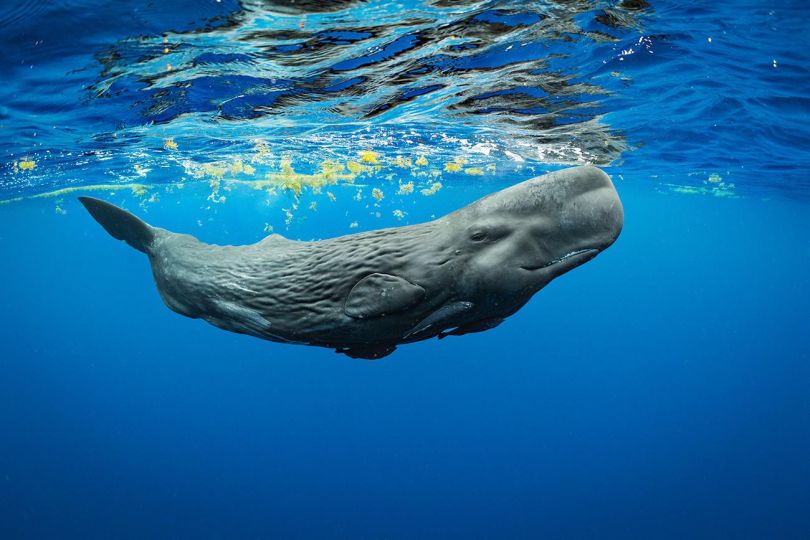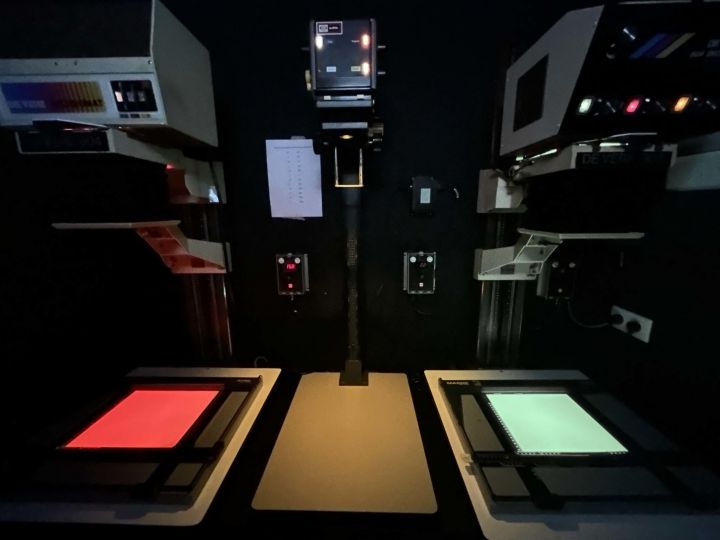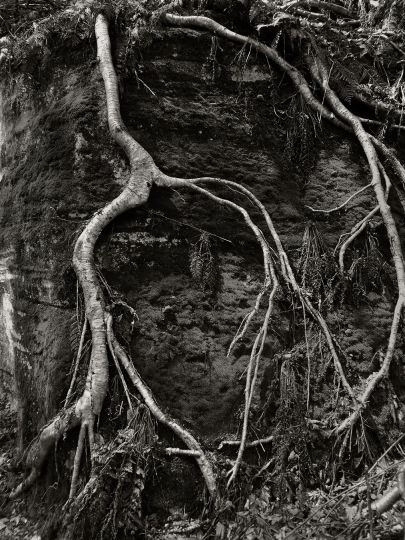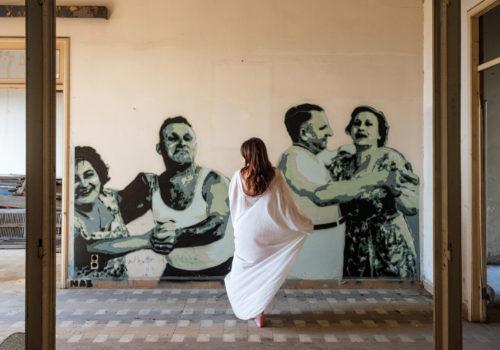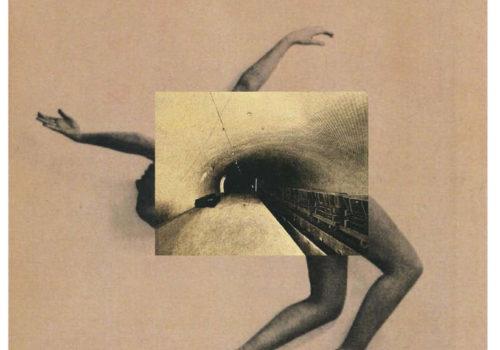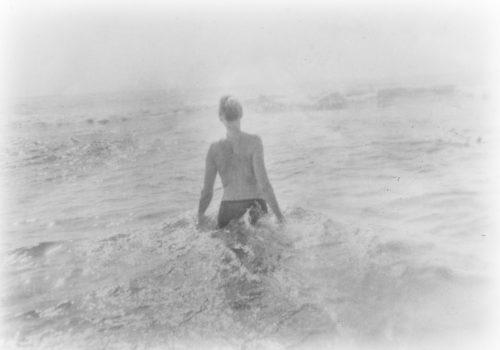In May, the Arab Image Foundation (FAI) received the UNESCO-Sharjah Prize, awarded every year to organizations working to promote the art of Arab cultures. It was a sign of recognition for this foundation which has sought to collect and preserve the Middle Eastern photographic heritage since 1997.
Behind the project are three artists: Akram Zaatari, video artist; Fouad Elkhoury, photographer; Samuel Mohdad, photojournalist; and foundation director, Zeina Arida. The team quickly expanded to include other members. “The idea was to focus on photographic practices,” says Reem Akl, the foundation’s assistant director. “There was very little accessible material. It was a period of postwar reconstruction in Lebanon.” These artists explore identity, history and the past by focusing local practices.
Delving into the foundation’s negatives and works in the heart of Beirut’s Gemmayzeh district is to flip through the pages of history back to 1860 and witness the work of professional and amateur photographers who explored the region for years, as well as the archives of families who amassed documents essential to the construction of a collective memory. Over the years, more than 600,000 images have been collected from Lebanon, Syria, Palestine, Jordan, Egypt, Iraq, Iran and Turkey. Each member of the foundation pursued his or her own interests, which produced an, “organic, eclectic collection,” says Reem Akl. The Arab Image Foundation has become uniquely involved in the history and art of the Arab-speaking world in many ways, by collecting, preserving and interpreting its photographic culture.
Read the full article on the French version of The Eye.

